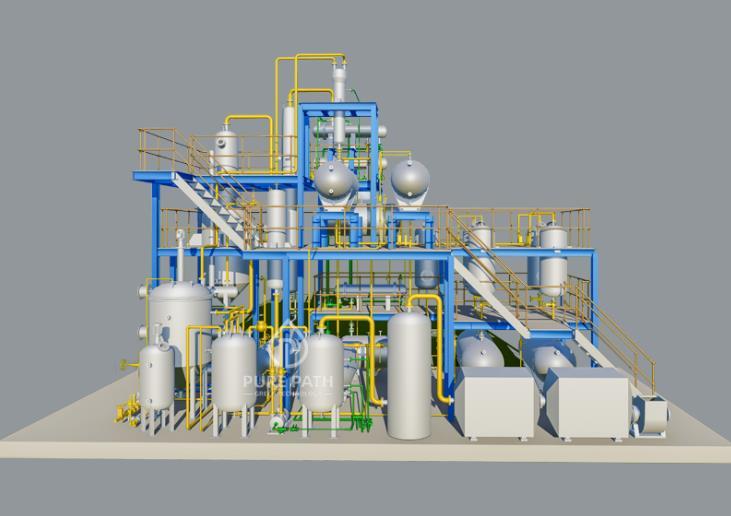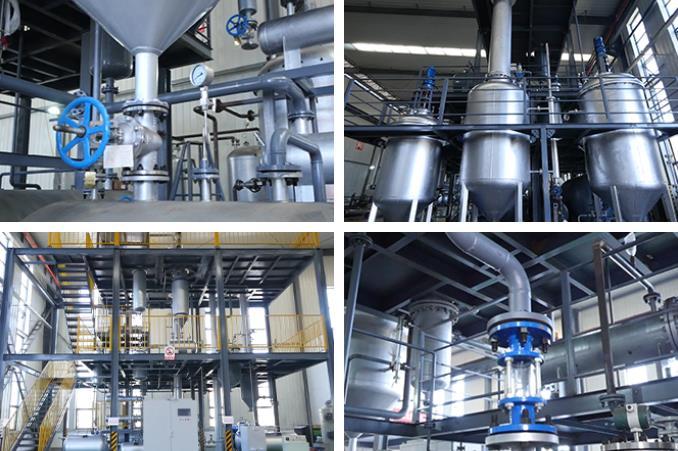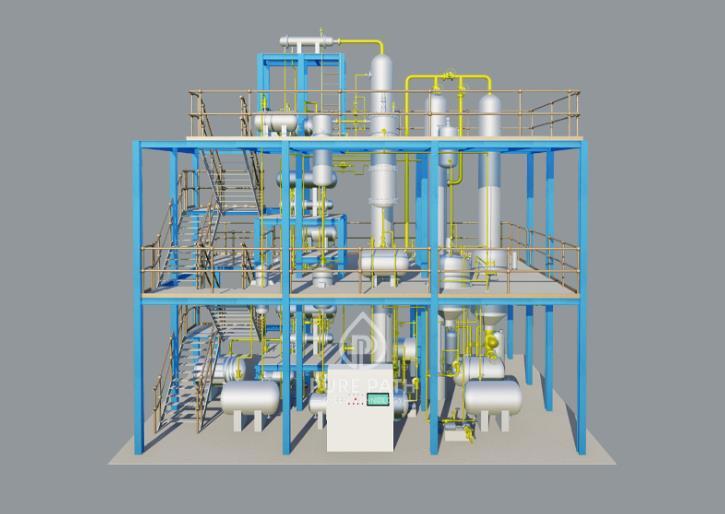In the modern world, sustainability is no longer a buzzword, it's a necessity. As we grapple with dwindling resources and environmental concerns, finding creative ways to reuse and recycle becomes crucial. One often overlooked resource with immense potential is used oil. Far from being waste, used oil can be reborn into a variety of valuable products, offering significant environmental and economic benefits.
The Problem with Used Oil
Every year, millions of gallons of used oil are generated from vehicles, industries, and households. Improper disposal of this oil can have disastrous consequences. It can contaminate soil and water, harm wildlife, and pollute the air. Landfills simply aren't equipped to handle the sheer volume and hazardous nature of used oil.

The Solution: Recycling and Reusing
Fortunately, used oil doesn't have to be an environmental burden. Instead, it can be recycled and transformed into a multitude of useful products. Here are a few examples:
- Lubricants: Used oil can be refined and processed to become high-quality lubricants for industrial machinery and vehicles. This not only reduces the need for virgin oil but also offers a cost-effective alternative for businesses.
- Asphalt: Processed used oil can be mixed with asphalt, the material used for paving roads. This not only strengthens the asphalt but also reduces the amount of petroleum needed for its production.
- Fuel: Through advanced technology, used oil can be converted into biodiesel, a renewable and environmentally friendly fuel alternative. This reduces dependence on fossil fuels and lowers carbon emissions.
- Plastics: Recycled used oil can be used to create a variety of plastic products, from everyday items like garbage bags to construction materials like pipes and insulation. This diverts plastic waste from landfills and gives used oil a new lease on life.
Benefits Beyond the Environment
The benefits of recycling and reusing used oil extend far beyond environmental conservation. It also translates to significant economic advantages:
- Cost Savings: Recycling used oil is often cheaper than disposing of it properly. Companies and individuals can save money on waste disposal fees and benefit from the lower cost of recycled products made from used oil.
- Job Creation: The used oil recycling industry creates jobs in processing, refining, and manufacturing new products from recycled oil. This contributes to economic growth and development.
- Energy Security: By relying on recycled oil for certain products, we reduce our dependence on finite fossil fuels. This enhances energy security and promotes sustainability in the long run.

Taking Action
Individual consumers can play a vital role in giving used oil a second life. Here are some simple ways to do your part:
- Change your oil responsibly: Take your used oil to a designated collection center or recycling facility instead of dumping it down the drain or throwing it in the trash.
- Support recycled products: Look for products made from recycled materials, including those that incorporate used oil.
- Spread awareness: Talk to your family, friends, and community about the importance of used oil recycling and the benefits it offers.
By embracing a culture of reuse and recycling, we can transform used oil from a potential environmental hazard into a valuable resource. It's time to give used oil a second life, conserve resources, and save money for both our planet and our wallets. Let's work together to build a more sustainable future, one drop of recycled oil at a time.

